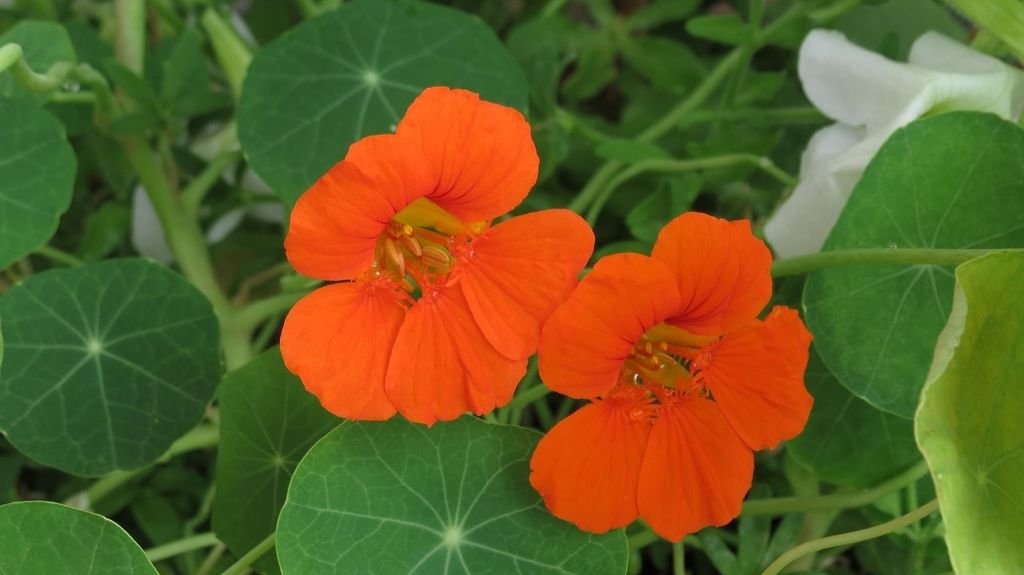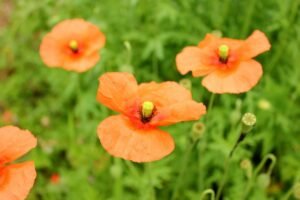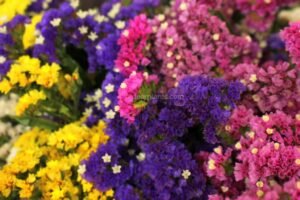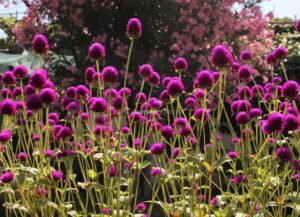Nasturtium (Tropaeolum majus) belong to the Tropaeolum genus, which includes vines, creepers or shrubs and herbaceous perennials. In this article we will cover and learn how to plant nasturtiums.
Nasturtiums are cultivated for their attractive foliage but more for their brightly colored flowers.
From early summer to late autumn, it has cup-shaped flowers with colors ranging from orange-yellow to red and brown. The unusual looking leaves are equally attractive.
[printPlantMetadata]
Nasturtiums are also one of the most popular edible flowers, being used in salads and many other types of recipes, where they add color and flavor. The leaves have a spicy flavor similar to watercress and are also highly appreciated. The seeds are spicy and can be ground and used as a pepper substitute.
Nasturtiums are know as Indian cress.
In this article
How to plant nasturtiums
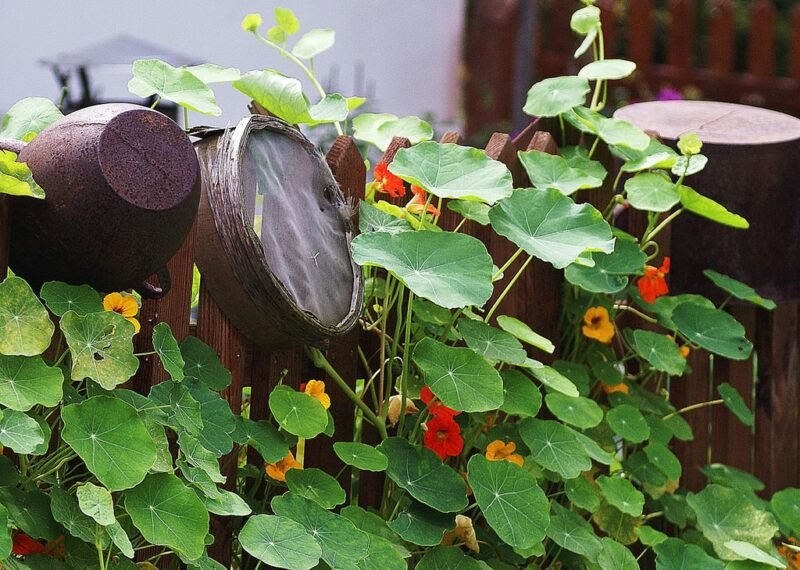
Most species of this genus prefer to be planted in full sun and well-drained soil. The genus includes frost-resistant species, but gardening nasturtiums are usually grown as annuals. Don’t miss our step by step guide with pictures on how to grow nasturtiums from seed.
If the soil where nasturtiums are planted is too rich in organic matter or is kept too moist, the plants will develop a clump of leaves and produce few to no flowers at all.
If this happens, reduce the frequency of watering and thin out the leaves so that light enters the plant and stimulates flowering.
They are usually planted to grow by climbing over some support such as a fence or trellis, or plant them to fall over the hedge of a pot, wall or embankment.
Propagation
Nasturtiums are grown from seeds.
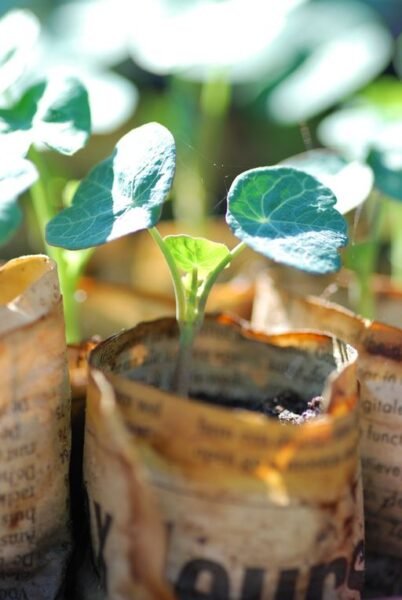
Pests and Diseases
White butterfly caterpillars and aphids can cause sore problems.
Harvest
Nasturtium harvest for consumption can be done approximately 50 days after planting. The flowers must be picked when they are fully open and some people say that the leaves taste better if picked before the plant produces flowers. You can harvest several crops as the plant grows and generates new growths.
